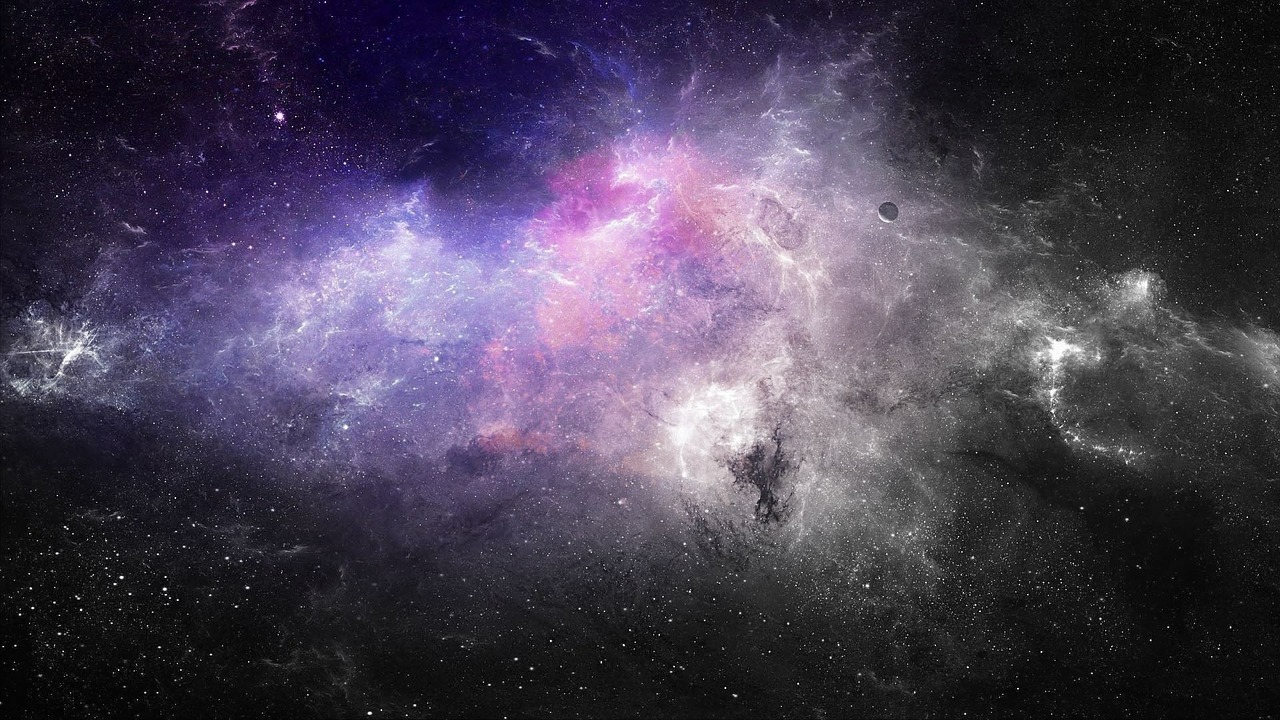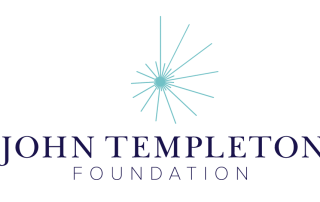

Emergence in Cosmology Workshop
13 August 2021
The early universe is described extremely well by linear perturbations evolving in a simple expanding universe model, described by classical general relativity. An approximately scale invariant spectrum of nearly Gaussian, adiabatic curvature fluctuations accounts for observed anisotropies in the cosmic microwave background as well as baryon acoustic oscillations. But how does this familiar classical picture emerge from the preceding quantum-gravity phase, when classical general relativity and its account of spacetime is expected to break down? This workshop will, first, consider recent proposals to address this question based on matrix theory, a proposed non-perturbative definition of string theory. We will also consider more general questions regarding what quantum gravity should be expected to achieve, such as resolving the initial singularity, and how the proposed sense of emergence compares to other cases.
Advance registration is required in order to attend. Please complete your online registration by no later than August 12, 2021.
SPEAKERS
Karen Crowther (University of Oslo)
Sung-Sik Lee (McMaster University)
Joshua Norton (University of California, Irvine)
Sumit Das (University of Kentucky)
Suddhasattwa Brahma (McGill University)
WORKSHOP SCHEDULE
| 9:00 – 9:45 | Karen Crowther: Four Attitudes Towards Singularities in the Search for a Theory of Quantum Gravity |
|---|---|
| 9:45 – 10:30 | Sung-Sik Lee: Clock-Dependent Spacetime |
| 10:30 – 10:45 | Break |
| 10:45 – 11:30 | Joshua Norton: Suppressing Spacetime Emergence |
| 11:30 – 12:00 | General Discussion |
| 12:00 – 13:00 | Lunch |
| 13:00 – 13:45 | Sumit Das: Emergent Cosmology from Quantum Quench in C=1 Matrix Model |
| 13:45 – 14:30 | Suddho Brahma: Emergent Cosmology from the BFSS Matrix Model |
| 14:30 – 15:00 | General Discussion |
All times above are in Eastern Daylight Time (EDT)
Image by jordygoovaerts0 from Pixabay
This event is made possible by a grant from the John Templeton Foundation, to Chris Smeenk and Jim Weatherall. Learn more on the project website, New Directions in Philosophy of Cosmology.

